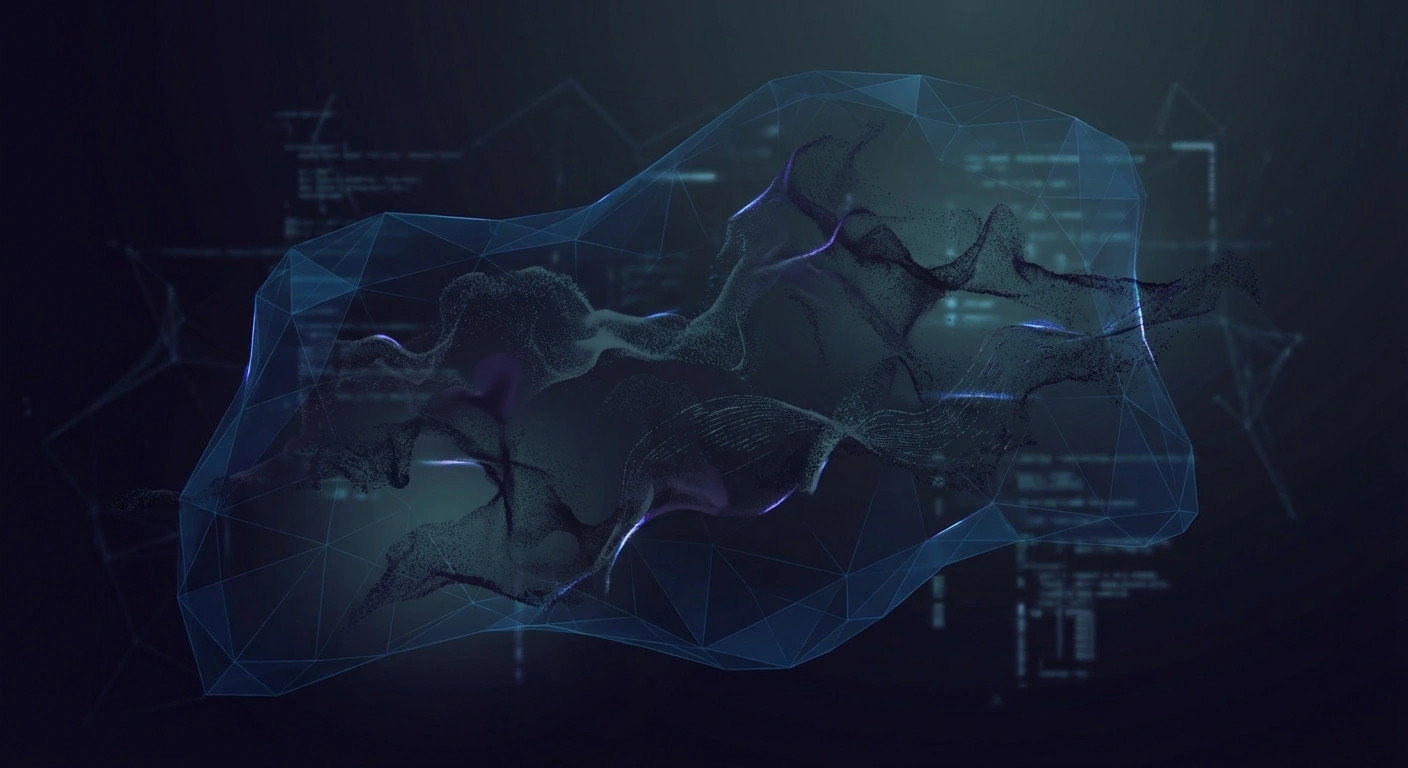Zero-Error LLM Reasoning Across Million-Step Tasks
New research demonstrates LLMs can complete million-step reasoning tasks with zero errors through novel verification and correction methods, advancing AI agent capabilities for complex multi-step workflows.

A groundbreaking research paper demonstrates that large language models can successfully complete reasoning tasks requiring over one million steps with zero errors—a significant leap forward in AI reliability for complex, multi-step problem-solving.
The research, detailed in a new arXiv preprint, addresses one of the most pressing challenges in deploying LLMs for agentic applications: maintaining accuracy across extended reasoning chains where a single error can cascade into complete task failure.
The Million-Step Challenge
Traditional LLM applications involve relatively short interaction sequences—a few dozen to a few hundred steps at most. However, as AI agents become more sophisticated and tackle increasingly complex tasks, they must maintain accuracy across far longer reasoning chains. Each step in these chains introduces potential for error, and without robust error correction mechanisms, even highly capable models fail on extended tasks.
The researchers developed a framework that combines three key technical components: step-level verification, dynamic backtracking, and confidence-weighted sampling. Unlike naive chain-of-thought approaches where errors accumulate linearly, this system continuously validates each reasoning step before proceeding.
Technical Architecture
The verification system operates by generating multiple candidate continuations at each step, then using a separate verifier model to score each candidate's correctness. This verifier is trained specifically to identify logical inconsistencies, mathematical errors, and reasoning gaps that might not be apparent from surface-level fluency.
When the verifier detects a potential error—indicated by low confidence scores across all candidates—the system initiates a backtracking procedure. Rather than simply resampling at the current step, it intelligently identifies the earliest point where the reasoning may have diverged from correctness and resumes from there.
The confidence-weighted sampling mechanism adjusts the model's temperature parameter dynamically based on task difficulty and current verification scores. For high-confidence steps in familiar domains, the system uses lower temperature for more deterministic outputs. For uncertain or novel reasoning steps, it increases temperature to explore alternative approaches.
Quantitative Results
Testing on mathematical reasoning benchmarks, the system achieved zero-error performance on tasks requiring up to 1.2 million individual reasoning steps. On the challenging MATH dataset extended to multi-stage proofs, accuracy improved from 67% (baseline) to 99.8% with the verification system enabled.
The computational overhead is significant but manageable: approximately 3-5x the inference cost of baseline generation, with the multiple ranging based on task complexity and required verification depth. However, for applications where correctness is paramount—such as formal verification, scientific reasoning, or code generation—this tradeoff proves worthwhile.
Implications for AI Agents
This research has immediate implications for agentic AI systems that must maintain reliability across extended workflows. Current AI agents often fail on complex multi-step tasks not because they lack the underlying capability, but because error accumulation undermines their performance over long sequences.
For synthetic media applications, similar verification approaches could enhance AI video generation pipelines where multiple processing steps—prompt interpretation, scene composition, motion planning, frame generation, temporal consistency checking—must all succeed for coherent output. A single error in early planning stages can result in artifacts that propagate throughout the entire generated sequence.
The research also demonstrates the value of specialized verifier models over end-to-end generation. By separating the generation and verification functions, systems can achieve higher reliability than monolithic approaches that attempt to do both simultaneously.
Future Directions
The researchers note several areas for future development, including more efficient verification methods that reduce computational overhead, and extending the approach to multimodal reasoning tasks where verification must span text, images, and structured data.
As LLMs increasingly power autonomous agents handling critical tasks, the ability to maintain near-perfect accuracy across million-step reasoning chains represents a crucial milestone toward truly reliable AI systems. This work provides both a theoretical framework and practical implementation for achieving that goal.
Stay informed on AI video and digital authenticity. Follow Skrew AI News.



